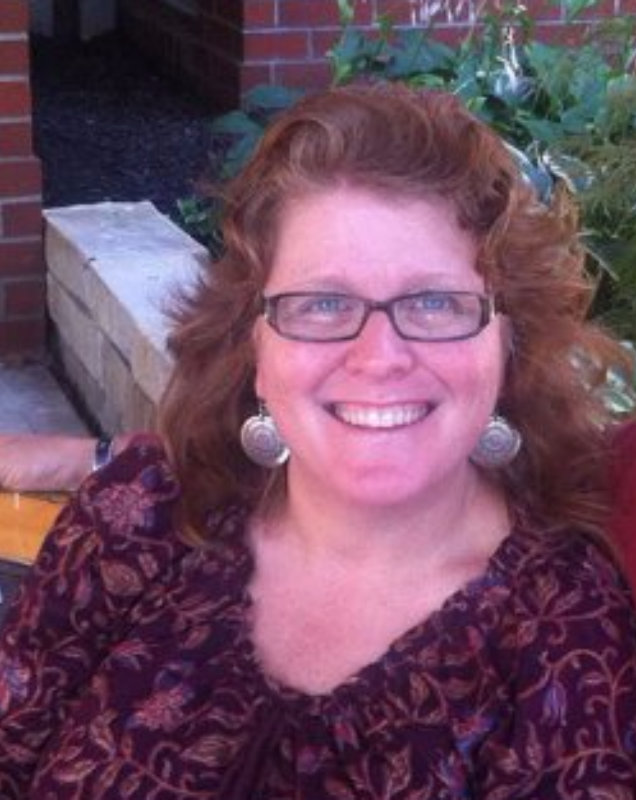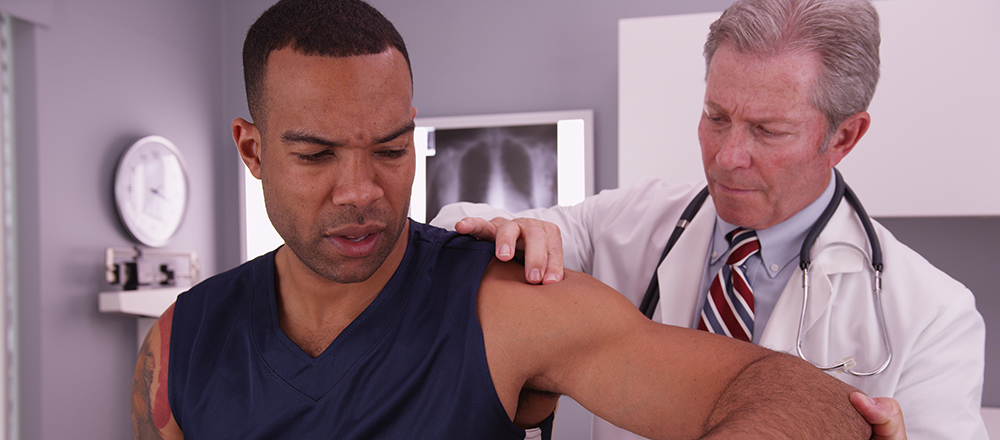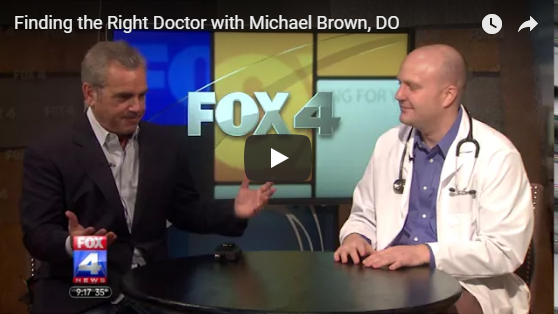
The phrase “back pain” is consistently one of the top 10 most-searched medical terms on the North Kansas City Hospital website. Considering nearly 80% of Americans will seek medical care for back pain at some point in their lives, it is not surprising that it is such a popular search term.
Most back injuries are minor and can be treated conservatively. Chronic back pain is different. It develops in about 20% of people with back pain, and it makes performing everyday activities a challenge. It can impact your sleep, mood, social life and mental health.
At the June 6 North Kansas City Hospital Lunch & Learn, Stephen L. Reintjes Jr., MD, a neurosurgeon with Meritas Health Neurosurgery, and Kristen Evans, PT, DPT, a physical therapist with NKCH’s Outpatient Rehabilitation, talked about treatment for chronic back pain. Dr. Reintjes highlighted its causes, counseling and minimally invasive surgery. He and Kristen Evans, PT, DPT, also discussed NKCH’s Move Plus physical therapy program.
Causes
When patients come into Dr. Reintjes Jr.’s neurosurgery clinic, he looks at an array of chronic back pain causes, such as those due to structural injuries, stenosis, inflammation, tumors or other diseases, endocrine or hematologic issues, medications, musculoskeletal problems and others.
However, he cautions that patients also face barriers caused by psychological, sociocultural, motivational, cognitive and behavioral issues. “These are not as obvious,” Dr. Reintjes Jr. said. “They do not show up on a physical exam or any imaging. Sometimes it’s difficult to parse out what’s behind their pain, but we take our time and try to understand their situations.”
Move Plus Physical Therapy
Patients have many nonoperative options for chronic back pain, including short-term pain medications, physical therapy, pain management, acupuncture, yoga, Pilates and tai chi. Another option is NKCH’s Move Plus PT program.
For patients who are unresponsive to traditional conservative treatments, Move Plus PT, which is covered by most insurance providers, combines research-based methods for restoring function and movement. NKCH patients have seen an over 75% improvement.
“We partner with patients to help them progressively work toward getting back to the things they enjoy through exercise, stretching and education.” – Kristen Evans, PT, DPT
Move Plus PT is different from traditional PT because it:
- Combines research-based methods for restoring movement with proven pain management strategies
- Uses active versus passive PT approaches
- Addresses patients’ fears of physical movement so they can begin using their back again with confidence
- Guides patients safely through progressive resistance movements that will improve their ability to move
- Helps patients understand the science of pain
Participation in Move Plus PT requires a referral from a spine specialist trained in the Move Plus concepts. Call 816.691.1795 for more information.
- Meritas Health Neurosurgery: Steve L. Reintjes Sr., MD, and Stephen L. Reintjes Jr., MD
- Pain Management Associates: Joel D. Ackerman, MD, and Rebecca C. Burfeind, MD
- Pain Source Solutions: Sean R. Clinefelter, MD, and Patrick D. Griffith, MD
- Spine Surgery Ltd.: David K. Ebelke, MD
“Research supports that having an understanding of what pain means can help patients feel better,” Kristen said. “That helps take away some of the fear that comes with ongoing pain.”
Patients attend two 90-minute sessions for eight consecutive weeks, which cover:
- Individual instruction and education on why they have chronic pain (30 minutes)
- Circuit-based stretching and strengthening tailored to help them meet their specific goals (60 minutes)
- Help with transitioning to a home- or gym-based program for long-lasting benefits
“People who have had pain for a long time often don’t exercise a lot or move around as much as they did because it hurts,” Kristen said. “We partner with patients to help them progressively work toward getting back to the things they enjoy through exercise, stretching and education. By helping them get stronger and improve their endurance, patients ultimately gain the tools to manage their chronic back pain. We want to work ourselves out of a job.”
Counseling
If surgery is needed, NKCH patients receive nutrition and smoking cessation counseling. “We want to make sure patients are at optimal nutrition in preparation for surgery,” Dr. Reintjes Jr. said. “I don’t mean eating a Big Mac every day. Patients should have the appropriate amount of calories and breakdown of carbohydrates, fats and proteins. All of this helps them heal after surgery.”
He requires that patients quit smoking six weeks prior to surgery. “People who smoke have a harder time recovering and don’t heal as well,” Dr. Reintjes Jr. said.
Dr. Reintjes Jr. and his staff also counsel patients about the risks and benefits of surgery. “We make sure the patient, family and our staff are all on the same page,” he said. “It is a tremendous effort to optimize a patient for surgery, but these are important problems for us to fix. We want to make sure we are doing the right thing for the right patient at the right time.”
It is a tremendous effort to optimize a patient for surgery, but these are important problems for us to fix. We want to make sure we are doing the right thing for the right patient at the right time.” – Stephen L. Reintjes, MD
Minimally Invasive Surgery
Minimally invasive surgery is a technique used by Dr. Reintjes Jr. to minimize tissue damage and allow for a quicker recovery from surgery. MIS techniques utilize the most advanced technology available for spine care. He often uses small retractors to dilate the muscles of the spine rather than cutting the soft tissue like in traditional open surgery.
MIS offers several advantages, including less soft-tissue damage, blood loss, scarring and postoperative pain; lower complication rates; a quicker recovery; a shorter hospital stay; and a faster return home.
“Not every patient is a good candidate for a minimally invasive approach,” Dr. Reintjes said. “The outcome with minimally invasive surgery has to be similar or better than conventional surgery.”



